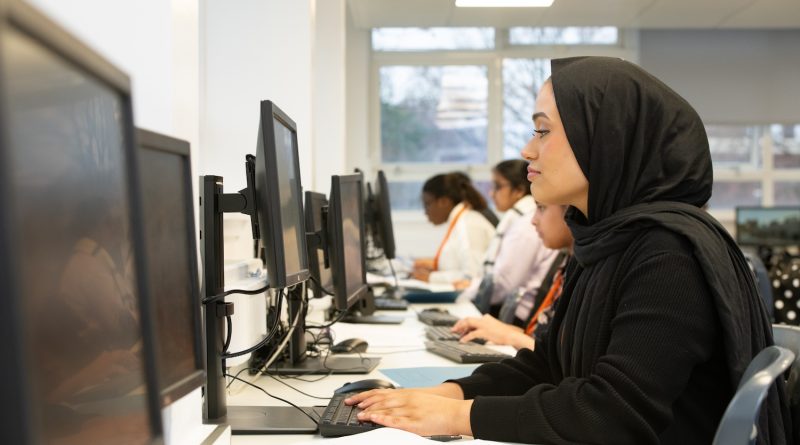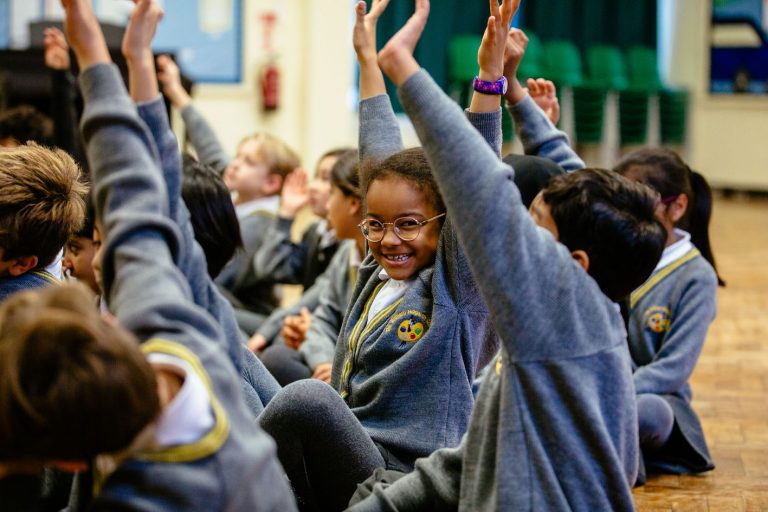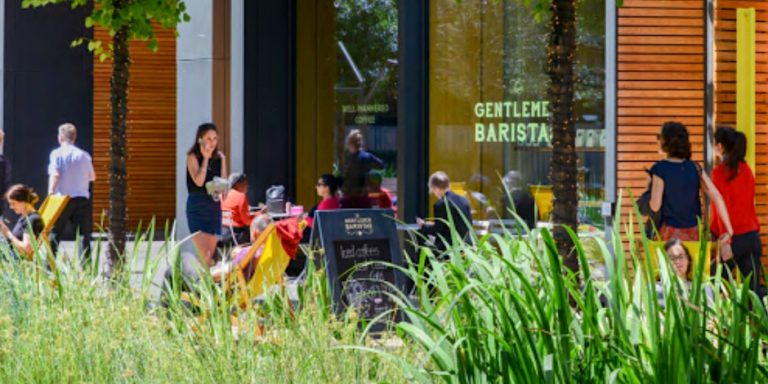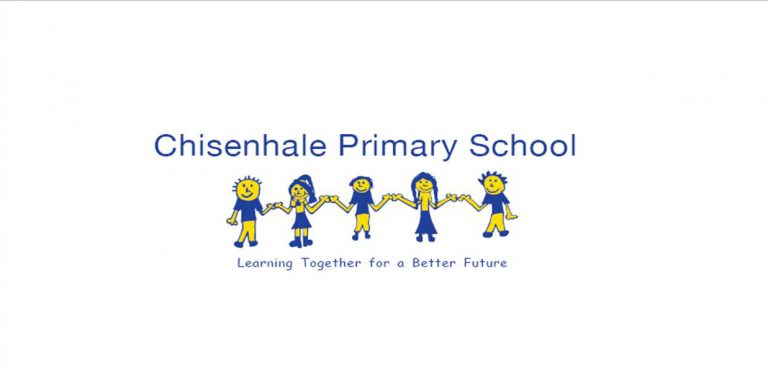Challenges faced by female Muslim students pursuing careers after education
How female Muslim students across Tower Hamlets are overcoming cultural barriers and making their voices heard.
Juggling financial worries, family responsibilities and social pressures, Tower Hamlets school students have a lot on their plates. And that’s before they’ve even sat their A-Level exams.
According to teachers across the borough, the picture is particularly complex for female students from South Asian backgrounds navigating between cultural, religious and financial responsibilities.
A Council report from 2018 reveals that on average, girls have higher attainment levels in schools in the borough than boys. Furthermore, Tower Hamlets pupils who have English as a second language have higher attainment levels than those whose first language is English.
However, while many women from ethnic minorities thrive at school, barriers to progression in the workplace and higher education still exist. According to the Council, the employment rate for working-aged people in Tower Hamlets was 73 per cent in 2022, but only 59 per cent of women and 62 per cent of ethnic minority residents were in employment.
Ruth Marx, CPSHE Co-Ordinator and Religious Studies teacher at Morpeth Secondary School says that there are myriad competing demands weighing on female students from migrant communities across Tower Hamlets.
‘We find that girls often have more responsibilities in the home or with part-time work, or sometimes they are in charge of picking up younger siblings from school which stops them from participating in extra-curricular activities,’ says Marx.
Yet in many ways, educational aspiration is a quality that is particularly apparent in migrant communities. As Marx points out: ‘Often our Muslim parents are the ones coming to every parents’ evening and the father is shining ear to ear when his daughter is top of the class. That side needs to be talked about more.’
Having role models is so important because it makes our young Muslim women believe that they can mix with the top students in the world.
Simon Ramsay, Headteacher
Across the teachers’ testimonies is a sense of how much progress has already been made in female education, and students’ increasing readiness to talk about their aspirations.
Simon Ramsay, headteacher at Oaklands School says: ‘The expectation that young Muslim women might not go to sixth form or other further education has definitely been broken down in the past two and a half decades. Generations are more aware of the routes to success that don’t conflict with their culture.’
However, a considerable barrier is families not trusting the ‘otherness’ of universities like Oxbridge. To overcome this, Oaklands is working with Tower Hamlets Educational Partnerships to show students and their families where the mosques and Islamic societies are, and to have Muslim students lead tours to counter the feeling that they won’t belong there.
Financial barriers also prevent students from pursuing higher education outside of our borough. As Ramsay notes: If you move out of home and go to a university outside of London then you are paying the best part of £60,000 for your degree. If you live at home then this is less of a barrier which is a large reason why lots of our students study in London.’
Across the UK students can apply for a government loan to fund their higher education which they must pay back with interest. However, interest is frowned upon in the Islamic faith for perpetuating inequality, making some Muslim students hesitant to apply for a loan.
An assistant headteacher of a secondary school for girls from Bow explains: ‘Lots of people revert to Islamic teachings and take them literally, but you have to look at them in relation to the way that you’re currently living.
‘I have so many interesting discussions with girls who want to be true to their community and their culture but are also trying to carve out their own educational pathways.
‘It’s really important for them to know that what they’re feeling is okay, and to explore how they can break down barriers in a positive way so they can represent their communities and make themselves feel proud,’ she says.
Schools across Tower Hamlets are making students aware of Islamic scholarships and banks that comply with Islam for Muslim students who are hesitant to get a student loan. Teachers have also reported an increase in students opting for apprenticeships to continue their education while earning money straight out of school.
Paradoxically, according to Ramsay the rising cost of living in London might have had a part to play in breaking down the notion of the male breadwinner as more women are entering further education and aspiring to better-paid jobs to support their family.
Oaklands and Morpeth have both increased their career programmes accordingly, with Morpeth offering business placements at the likes of JP Morgan and Deloitte. According to Marx, these initiatives are particularly directed towards female students who are hesitant about entering male-dominated workplaces.
As she says: ‘Girls can sometimes be quite passive in the classroom, and we noticed after the pandemic that the students weren’t really listening to each other. So we’re trying to make them aware of the gender disparity when it comes to boys talking over the girls and encourage the girls to be more vocal.’
At Central Foundation School, the students launched Breaking the Barrier podcast to discuss the inequalities and social barriers they have faced personally, from self-confidence and impostor syndrome to sexism and Islamophobia.
At the podcast’s launch party, year 13 student Mithila Hossain said: ‘Our main goal is that other marginalised groups out there who feel held back by any part of their identity – whether it be race, religion or gender – learn that those barriers are only temporary and will only truly stop you if you internalise them.’
Ninety-eight per cent of students at Central Foundation are from South Asian families and more than two-thirds of the borough’s population belongs to ethnic minority groups. The project aims to empower people from religiously and ethnically diverse communities beyond the school gates, as well as create a legacy at the school.
According to Ramsay, having Muslim female role models is one of the most powerful tools for opening up the conversation and continuing similar patterns of progression in further education and beyond.
‘A few years ago we had a student who got into Cambridge but her parents didn’t want her to go,’ he recalls: ‘She ended up taking the place because we showed her family that there were systems and support networks in place that meant she would be able to lead a good Muslim life there.’
‘These positive moves are recycled back into the school and in such a tight community word gets around really quickly. Having these role models is so important because it makes our young Muslim women believe that they can mix with the top students in the world,’ says Ramsay.
Through the power of role models and student-led initiatives, Tower Hamlets is creating a supportive environment that inspires female students from South Asian backgrounds to overcome temporary barriers and realise their aspirations.
If you enjoyed this article, find our piece about the schools calling on the Mayor to retain Liveable Streets schemes across Tower Hamlets.






